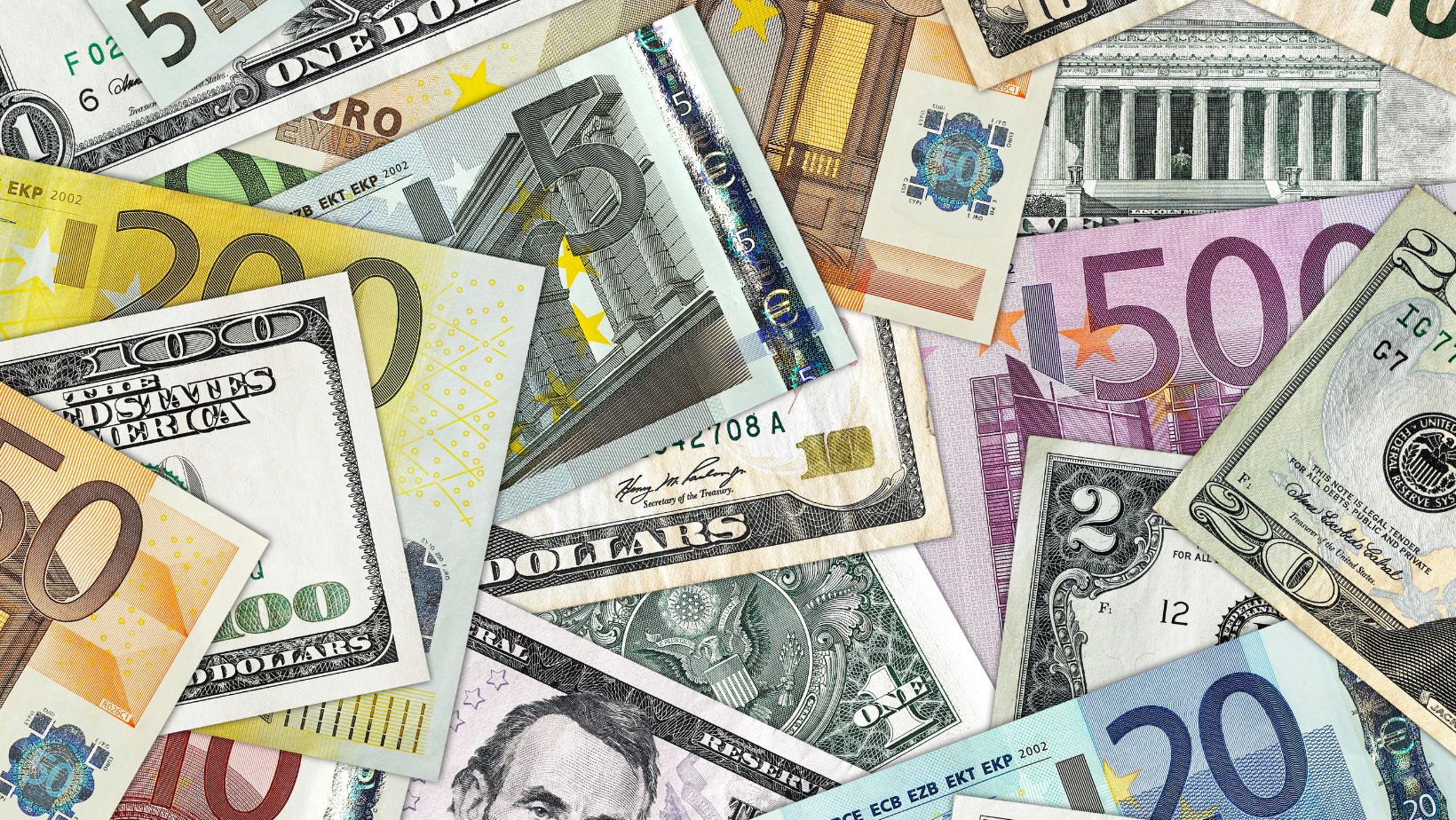Do you know what a pegged currency is? If not, don’t worry – you’re not alone. In fact, many people are unfamiliar with this term, even though it’s becoming increasingly important in the world of finance. A pegged currency is simply a currency that is linked to another currency or asset, typically through a central bank intervention. The most common type of pegged currency is a foreign exchange rate that is fixed by a central bank in order to maintain stability in the economy.
There are many benefits to having a pegged currency, including providing more stability for businesses and investors and helping to keep inflation under control. However, there are also some risks associated with pegged currencies, and it’s important to understand these before making any decisions about whether or not to invest in them. If you’re interested in learning more about pegged currencies, read on for everything you need to know.

What Does Pegged Mean
It is a system where one currency is worth a specific amount of another currency. The value of the first currency is said to be “pegged” to the second currency.
What is a Pegged Currency
A pegged currency is simply a currency that is linked to another currency or asset, typically through a central bank intervention. The most common type of pegged currency is a foreign exchange rate that is fixed by a central bank in order to maintain stability in the economy.
What are The Benefits of Pegging
There are several benefits to pegging including:
1) It can help to stabilize currencies and prevent large fluctuations.
2) Pegged rates can act as a reference point for other currencies in the market.
3) Pegging can help to promote trade and investment by making it easier to predict exchange rates.
What are The Risks of Pegging
There are also some risks associated with pegging, such as:
1) If the peg is not managed properly, it can lead to inflation or deflation.
2) Pegging can also make a currency more vulnerable to speculative attacks.
3) There is also the risk that a pegged currency could become overvalued or undervalued relative to other currencies in the market.

Should I Invest in Pegged Currencies
There is no easy answer to this question. It depends on a variety of factors, including your investment goals and risk tolerance. You should always consult with a financial advisor to get the most accurate advice for your situation.
Conclusion
Pegged currencies can offer many benefits, but there are also some risks to consider. If you’re thinking about investing in pegged currencies, be sure to speak with a financial advisor to get the most accurate advice for your situation.
